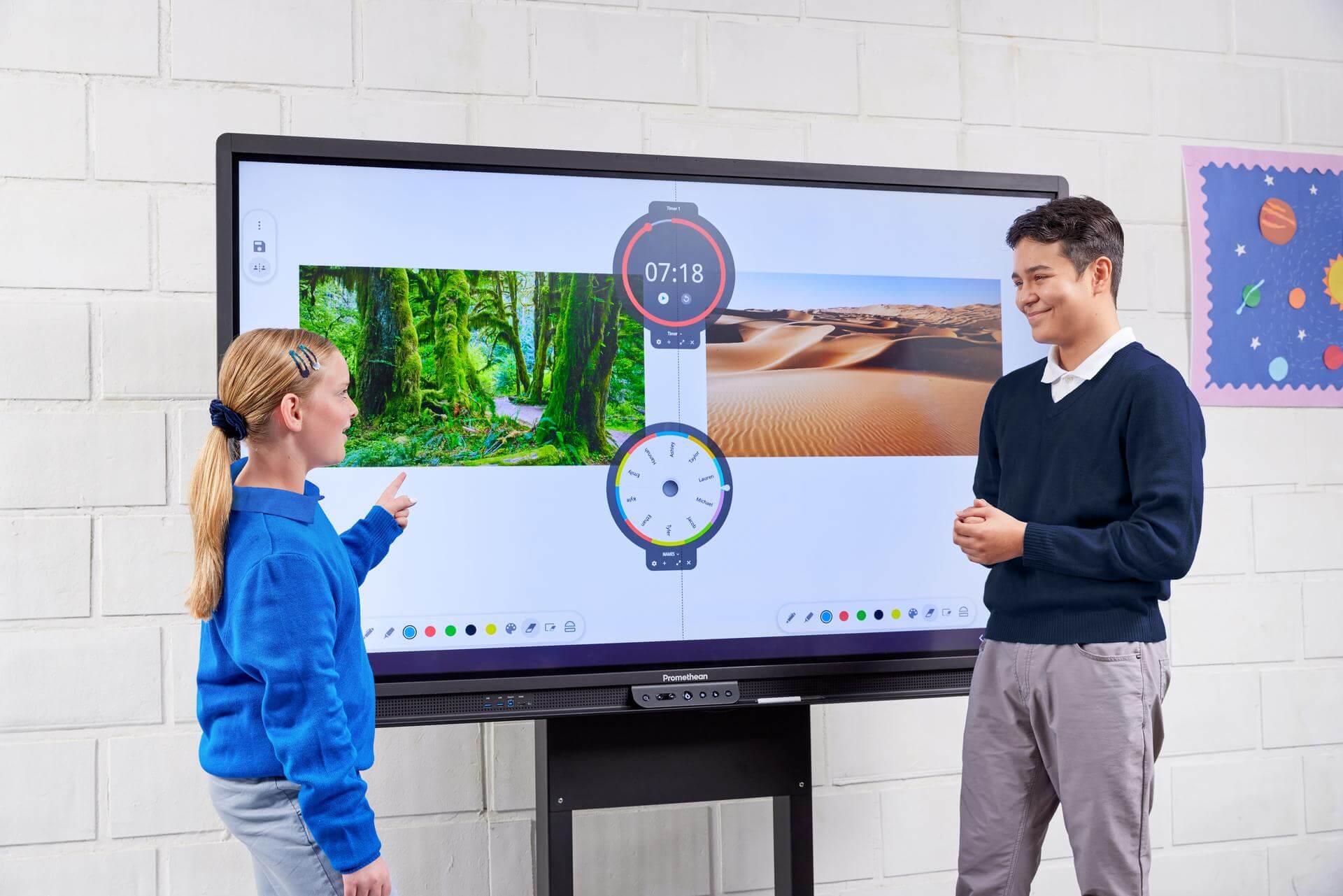Embraced by Steiner and Montessori schools for decades, ‘holistic learning’ has been gaining traction in more mainstream education communities as a supportive form of education that creates lifelong learners. This rounded schooling approach takes into care a student’s emotional wellbeing, while giving them greater autonomy than traditional teaching methods.
As technology becomes more and more a part of students’ private and school lives, edtech plays an increasingly important role in holistic learning in navigating the murky waters of online safety, healthy screen habits and digital privacy. Plus, like many aspects of teaching and learning, edtech has the power to enhance and streamline holistic teaching methods.
But first, what is holistic learning?
Holistic learning is an approach to education that looks at learners’ emotional, social and academic needs, and seeks to comprehensively address each facet of the individual in an integrated format.
This includes aspects like emotional wellbeing, personal identity and purpose, place within the broader community, sustainability and environment, and societal values.
Personalised learning, formative assessments and project-based learning are all holistic forms of education.
Schools that embrace holistic learning seek to give students self-determination and independence. You can think of holistic learning as aiming for not just high IQs (Intellectual Intelligence) but also EI (Emotional Intelligence).
People with high EI are generally more successful in both their personal and professional lives, more likely to be hired, promoted, and earn better salaries than those with low EI.
Holistic learning has also been linked to improved academic achievement, enhanced mental and emotional wellbeing, and increased problem-solving abilities.
Holistic approach to technology
Digital technology is a big part of life for most students, who have only known a computerised world. How students interact with the technology around them can influence their wellbeing, and so it should be viewed as another important part in an individual’s life that makes up the whole.
A holistic approach to technology might incorporate brain breaks throughout the day to encourage healthy screen habits or dissect the role of technology within society. Teachers might ask students to split into groups and think of technological solutions to environmental issues, or create a safety plan for communicating with friends online.
How edtech enhances holistic education
Technology can also enhance holistic learning methods through heightened interactivity, connectivity, and flexibility:
Connectivity
Clever, integrated edtech that fits into its surroundings makes holistic methods like flipped learning possible. In a flipped classroom, students do their initial learning at home using digital lessons, video, audio, flipchart presentations and other home-learning methods. The physical classroom is then used for discussion and more in-depth investigation.
This is a great holistic approach that lets students learn at their own pace, then bringing them together in the classroom for teacher-led guidance and peer discussion.
Interactivity
Personalised and self-guided learning and are made easier with interactive edtech tools that allow students to decide how and when they learn.
For instance, in a highly personalised classroom, students could connect their personal device to a centralised hub like the ActivPanel which contains their education resources. They would then decide what, when and even where in the room they want to learn.
Or like lesson delivery platforms such as ActivInspire and cloud-based ClassFlow that offer polling features give teachers access to students’ comprehension levels as they learn. This lets teachers segment the class accordingly to give focused, relevant, immediate attention, key to personalisation.
Flexibility
Tools like the ActivPanel are location-agnostic, meaning they can accommodate a split class of learners at home and in-person. This flexibility allows for continuity of learning that fits into the changing lives of people, an creates safe spaces of learning that extend beyond the classroom.
If you want to see how an IFPD like the ActivPanel can fit into and enhance your holistic learning environment, request a free, bespoke demonstration from a Promethean Education Consultant today.




